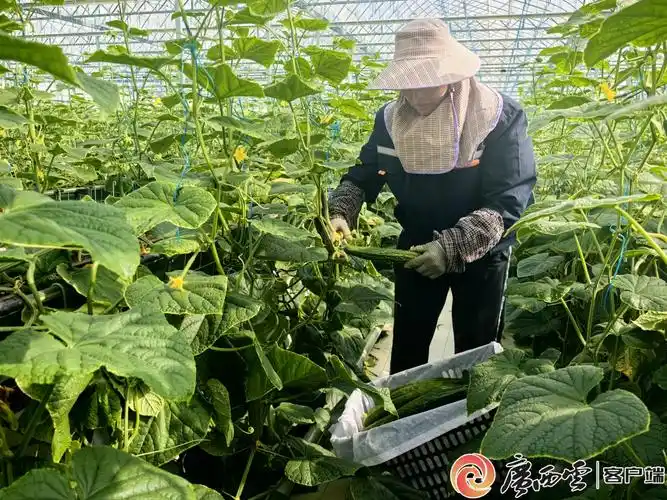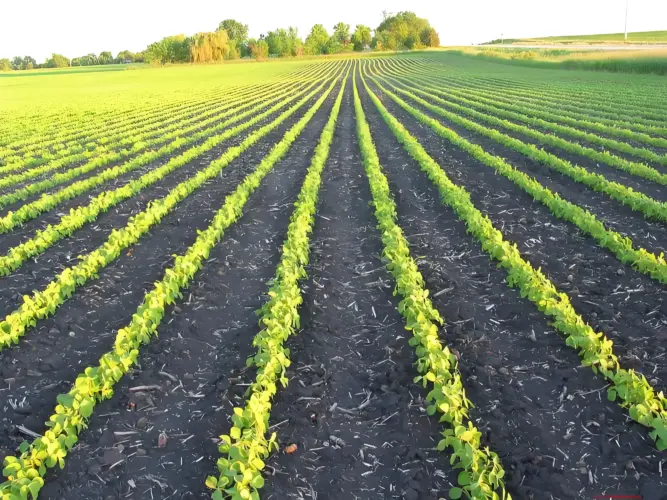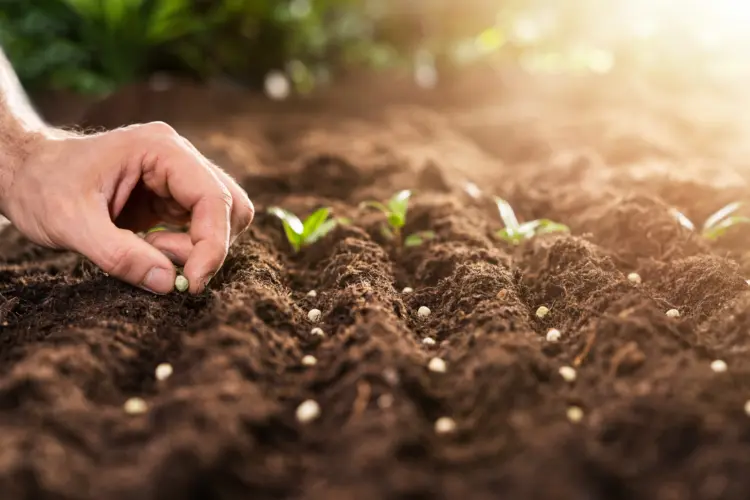
August 10, 2025
Types of Manure and Their Benefits Cow Manure: High in organic matter, improves soil structure, and provides balanced nutrients. Chicken Manure: Rich in nitrogen, excellent for leafy greens but requires composting to reduce high nutrient concentration. Horse Manure: Good source
August 7, 2025
Benefits of Seaweed Extracts Seaweed extracts are derived from marine algae and offer numerous advantages for organic farming: Rich in Nutrients: Contain essential micronutrients, amino acids, and natural growth hormones like auxins and cytokinins. Improved Plant Health: Enhance resistance to
August 7, 2025
Benefits of Bone Meal Bone meal is a natural source of phosphorus and calcium, essential nutrients for plant growth: Phosphorus Source: Supports root development, flowering, and fruiting. Calcium Addition: Strengthens cell walls, improving plant structure and health. Slow Release: Provides
August 7, 2025
How Organic Fertilizers Affect Soil pH Organic fertilizers, such as compost, manure, and bone meal, can influence soil pH in various ways: Compost and Manure: Typically neutral to slightly acidic, they help buffer soil pH, gradually adjusting it towards neutral.
August 4, 2025
Steps for a Successful Transition 1. Assess Current Soil Health 2. Select Appropriate Organic Fertilizers 3. Implement Gradual Transition Challenges and Solutions Long-Term Benefits Soil Health Improvement: Enhanced microbial activity and soil structure lead to sustainable productivity. Environmental Benefits: Reduced
August 4, 2025
Explanation of Rock Phosphate Rock phosphate is a natural mineral source of phosphorus, an essential nutrient for plant growth. It is mined from phosphate rock deposits and is used as a slow-release fertilizer in organic farming. Unlike chemical phosphates, rock
July 31, 2025
mportance of Trace Elements Trace elements, also known as micronutrients, are essential for plant growth and development, even though they are required in small quantities. Key trace elements include iron, manganese, zinc, copper, boron, molybdenum, and chlorine. They play crucial
July 31, 2025
Techniques to Minimize Runoff Buffer Strips: Plant strips of vegetation along field edges to absorb excess nutrients and reduce runoff. Cover Crops: Use cover crops to capture residual nutrients and prevent soil erosion. Contour Farming: Implement contour plowing and planting
July 31, 2025
Benefits of Worm Castings Worm castings, also known as vermicompost, are nutrient-rich excrement produced by earthworms as they process organic material. They offer numerous benefits for soil and plants: Nutrient-Rich: Worm castings contain essential nutrients like nitrogen, phosphorus, and potassium,
July 28, 2025
Biochar is a stable form of carbon-rich charcoal produced from organic materials through pyrolysis. It is used to enhance soil health by improving nutrient retention, water holding capacity, and increasing microbial activity. Benefits for Soil and Plants Improved Nutrient Retention:



Sign up today to receive our
latest news and more.
When you hire us for your packaging needs, you know you’re getting highly qualified professionals
who have the expertise and experience to make sure your job is done right.

Aminuo Bio-Tech Co., Ltd. is a leading innovator in the research, development, and production of high-quality organic fertilizers. We uphold product quality as our fundamental principle, demonstrated by a rigorous Quality Management System (CQC)certified to the international ISO 9001:2008 standard and EU BV requirements, ensuring excellence from raw materials to finished goods.
© 2024 Aminuo Bio-Tech Co., Ltd. All Rights Reserved
